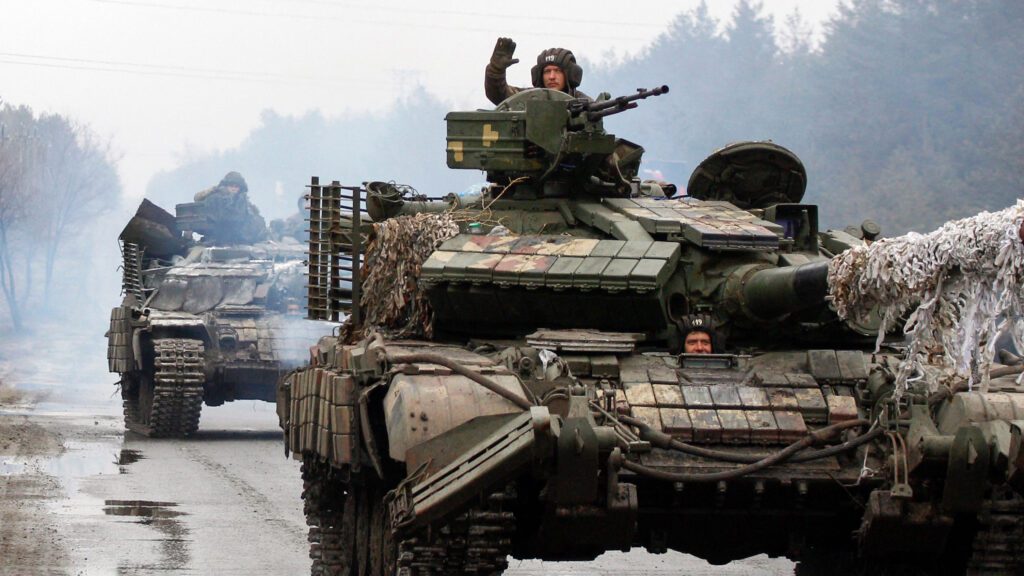This article discusses the future of warfare based on insights from military experts. The role of technology in shaping warfare is explored, with a focus on developments in artificial intelligence, unmanned systems, and cyber capabilities. The challenges in cyberspace, including cyber warfare and hacking techniques, are also highlighted. The ethical considerations associated with the use of technology in warfare are discussed, as experts stress the importance of responsible and accountable use. The role of space-based systems and the changing nature of geopolitics in warfare are considered. The article concludes by highlighting the key actions necessary to prepare for future warfare, including investment in research and development, cooperation between nations, and education and training of military personnel.
Insights from Military Experts: Assessing the Future of Warfare
Introduction
As advancements in technology continue to shape the world, it is crucial to understand how these innovations may impact the future of warfare. To gain deeper insights, it is essential to consult military experts who possess the knowledge and experience in analyzing emerging threats and trends. This article aims to provide a comprehensive assessment of future warfare based on the insights offered by military experts.
The Role of Technology in Future Warfare
One major area of focus for military experts is the role technology will play in shaping the future of warfare. With the rapid development of artificial intelligence (AI), unmanned systems, and cyber capabilities, warfare is expected to undergo significant transformations. Military experts anticipate an increased reliance on autonomous systems for both offensive and defensive operations. These systems will offer enhanced precision and reduced risk to human lives.
Challenges in Cyberspace
Another critical aspect of future warfare lies in the arena of cyberspace. Military experts predict that future conflicts will extensively utilize cyber capabilities to disrupt enemy communication networks, compromise critical infrastructure, and wage acts of information warfare. Cyber espionage, ransomware attacks, and advanced hacking techniques are expected to become prominent forms of warfare.
The Ethics of Warfare in the Future
As technology continues to advance, military experts also emphasize the importance of addressing ethical concerns associated with the future of warfare. The use of AI-driven weaponry and autonomous systems poses challenges in terms of accountability and adherence to international humanitarian law. Experts stress the need to develop frameworks and regulations that ensure the responsible and ethical use of these technologies.
The Role of Space and Satellite-based Systems
Space-based systems have become integral to modern military operations, and this trend is expected to continue in the future. Military experts highlight the importance of satellite-enabled communications, surveillance, and reconnaissance capabilities. Furthermore, the militarization of space is a growing concern, leading experts to propose the establishment of international agreements to prevent the weaponization of outer space.
Changing Nature of Geopolitics
Geopolitical dynamics significantly impact how warfare is conducted. Experts suggest that the future will witness a shift in power, resulting in the emergence of new geopolitical players. The rise of non-state actors and the increasing influence of technology in warfare can disrupt existing power structures. As a result, future conflicts may involve unconventional forces and unconventional tactics.
Preparing for Future Warfare
Based on the insights from military experts, it is evident that the future of warfare will be complex and volatile. To prepare for such a scenario, experts propose several key actions. Firstly, investing in research and development of emerging technologies is crucial to stay ahead of adversaries. Additionally, joint military exercises and cooperation between nations are vital to build interoperability and strengthen international alliances. Finally, investing in the education and training of military personnel should remain a priority to adapt to evolving warfare tactics effectively.
Conclusion
The insights provided by military experts offer critical perspectives on the future of warfare. Technology, cyberspace, ethics, space-based systems, and changing geopolitical dynamics emerged as key areas to consider. To navigate these challenges successfully, it is essential for policymakers to take into account the recommendations of military experts, fostering innovation while ensuring ethical and responsible use of emerging technologies. By doing so, we can strive for a future where warfare entails minimal human costs and maximizes global security.
